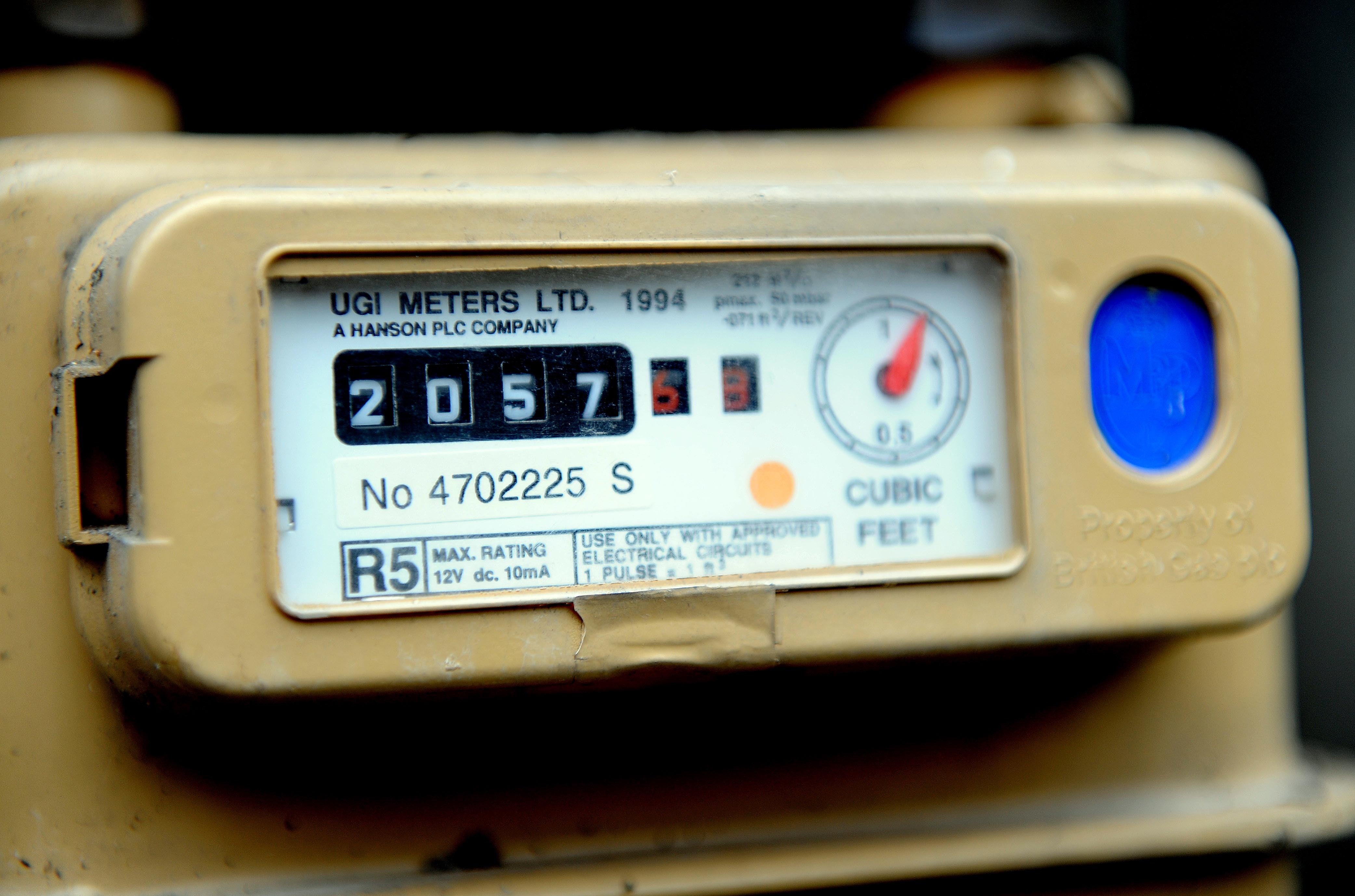Energy prices: Swapping oven for microwave could cut hundreds of pounds off bills
Ovens are the most energy-intensive cooking appliance, researchers find
Households who primarily cook with an oven could save up to £604 a year by using more energy-efficient cooking methods, a study has found.
Researchers calculated the energy consumption of 83 appliances and compared the running costs with the cheapest alternative.
They found that the most energy-intensive cooking appliance is an electric oven, which typically costs 87p per day to run or £316 a year.
However, a microwave costs just 8p per day - representing a potential saving of £287 per year. An air fryer would cost just £52 a year, a saving of £264.
The research by energy supplier Utilita also looked at how cooking methods can slash power consumption by up to 90 per cent and save an additional £317 a year.
Batch cooking can bank £158 a year, using the correct sized pan with a lid saves £72, simmering rather than boiling £68 and not overfilling the kettle £19.
Utilita has teamed up with supermarket chain Iceland to rollout the ‘Shop Smart, Cook Savvy’ campaign in-stores and online in September to help identify the most economical ways of cooking.

The collaboration presents the cost to cook for each of the main types of cooking appliance, based on the average amount of time they are used for each day.
Archie Lasseter, Utilita’s sustainability lead, said: “The rising cost of energy is going to create seismic shifts in consumer behaviour associated with energy consumption through a new awareness of the cost to consume.
“The impact will be far greater than any of the Government’s green initiatives ever could have achieved.
“Although cooking is said to account for four per cent of the average energy bill, the savings speak for themselves.
“It’s vital that consumers are given the facts they need in order to use less energy in the interest of the pocket and the planet.”
As part of the in-depth report Utilita polled 2,000 households and found they spend approximately 43 minutes cooking each day.
Of these, 42 per cent use the oven by default for most of their cooking needs but 52 per cent don’t know which of their cooking appliances cost more to run.
The researchers then looked at typical energy consumption for a range of cooking appliances and calculated how much energy they would consume in a typical day’s usage.
They then looked at previous academic studies into the impact of different cooking methods on energy consumption.
For example, a study published in the Journal of Consumer Studies and Home Economics found that simmering at 90 degrees rather boiling at over 100 can reduce consumption by between 69 and 95 per cent.
Based on typical modern-day usage, this could save households £68 a year.
In total, the research studied 83 appliances and 24 sources including academic research, legislation, and data collected from popular shopping websites.
As part of the joint campaign, both Utilita and Iceland have committed to 11 pledges, including an overhaul of Iceland’s own-product packaging to reflect more energy efficient cooking appliances and methods, and a national ‘Cooking High 5’ consumer awareness tour.
Richard Walker, Iceland’s managing director, said: “The cost-of-living crisis continues to be the biggest national issue facing consumers.
“As a private, family-run business, we’re constantly looking at both short, and long-term initiatives that can offer any support.
“Our ‘Shop Smart, Cook Savvy’ collaboration with Utilita is so important, as it shines a light on the relationship between what we buy and how much energy we use cooking it, helping to empower our customers and provide them with access to information that can help stretch their budgets further.”
HOW MUCH IT COSTS TO RUN DIFFERENT COOKING APPLIANCES:
Electric cooker
- Cost per day to run: 87p
- Cost per week to run: £6.09
- Cost per month to run: £26.38
- Cost per year to run: £316.54
- COe emissions(equivalent miles driven in average car): 609
Dual cooker (part electric, part gas)
- Cost per day to run: 72p
- Cost per week to run: £5.08
- Cost per month to run: £22
- Cost per year to run: £264.03
- COe emissions: 609
Gas cooker
- Cost per day to run: 33p
- Cost per week to run: £2.32
- Cost per month to run: £10.17
- Cost per year to run: £120.83
- COe emissions: 611
Slow cooker
- Cost per day to run: 16p
- Cost per week to run: £2.32
- Cost per month to run: £10.07
- Cost per year to run: £120.83
- COe emissions: 611
Air fryer
- Cost per day to run: 14p
- Cost per week to run: £1.01
- Cost per month to run: £4.40
- Cost per year to run: £52.74
- COe emissions: 102
Microwave
- Cost per day to run: 8p
- Cost per week to run: 58p
- Cost per month to run: £2.50
- Cost per year to run: £30.02
- COe emissions: 58
*Daily, weekly and monthly cost may not add up to the annual cost due to rounding.



Join our commenting forum
Join thought-provoking conversations, follow other Independent readers and see their replies
Comments